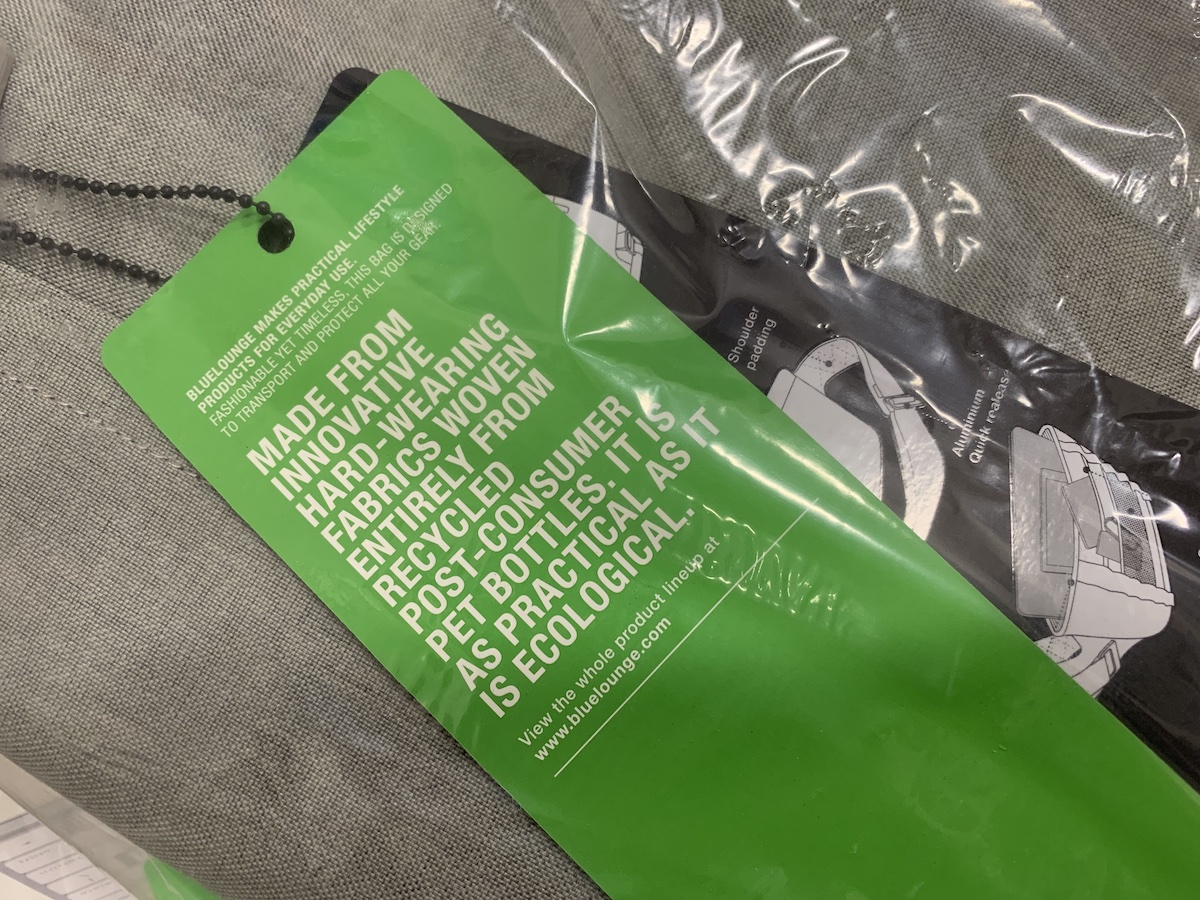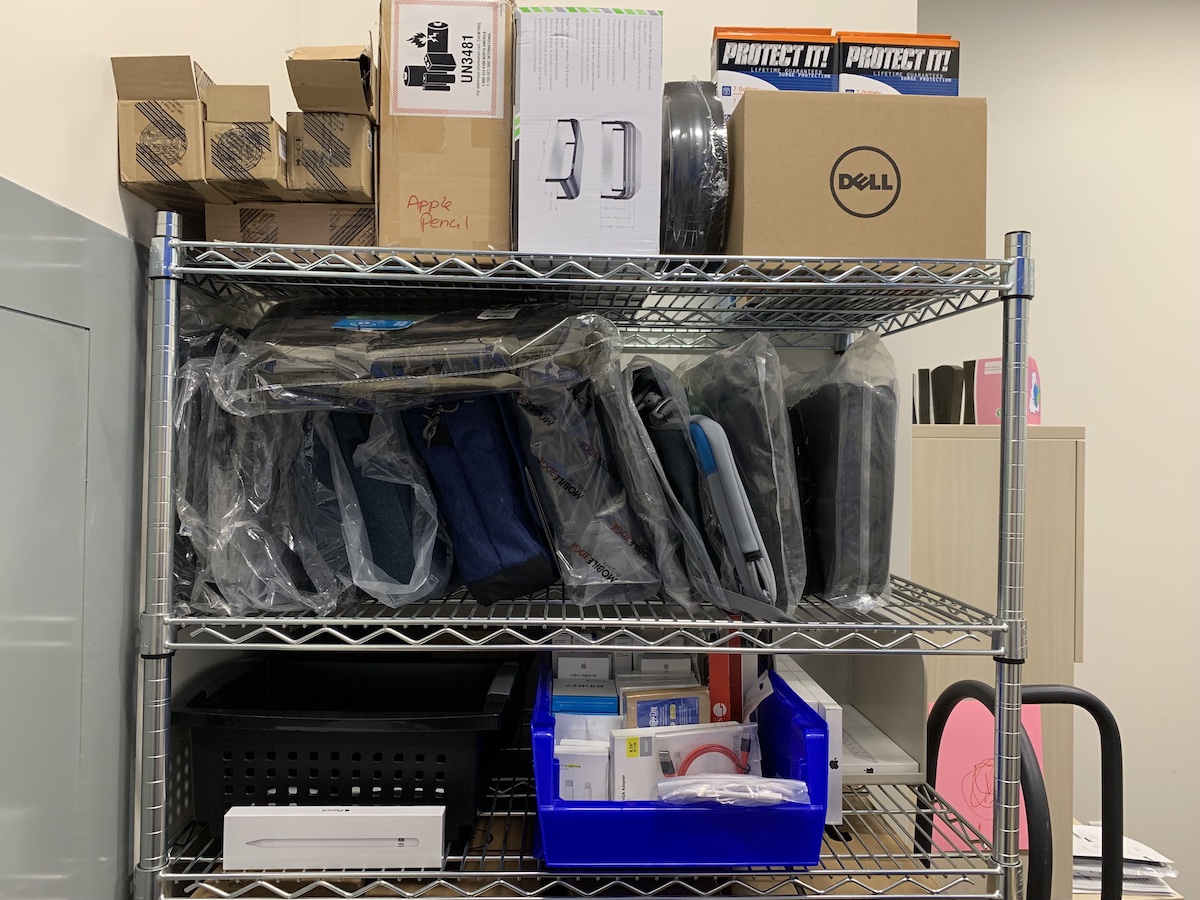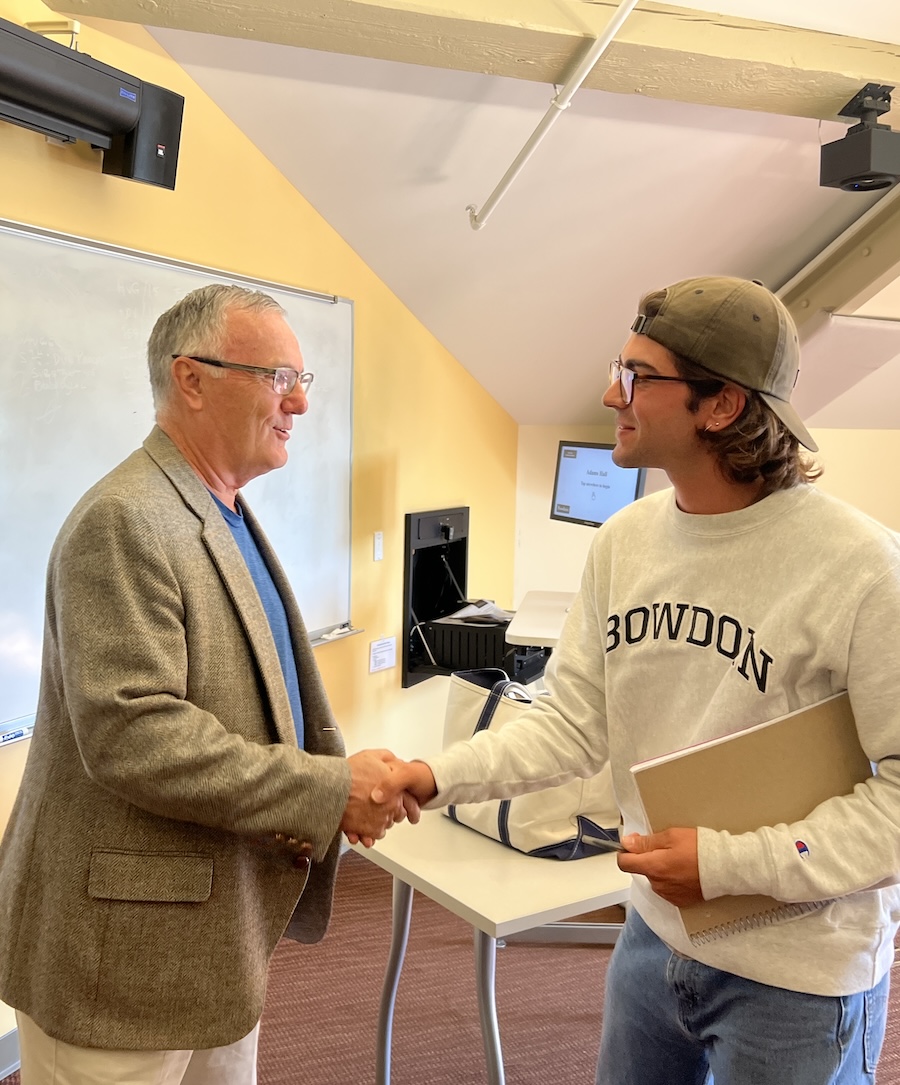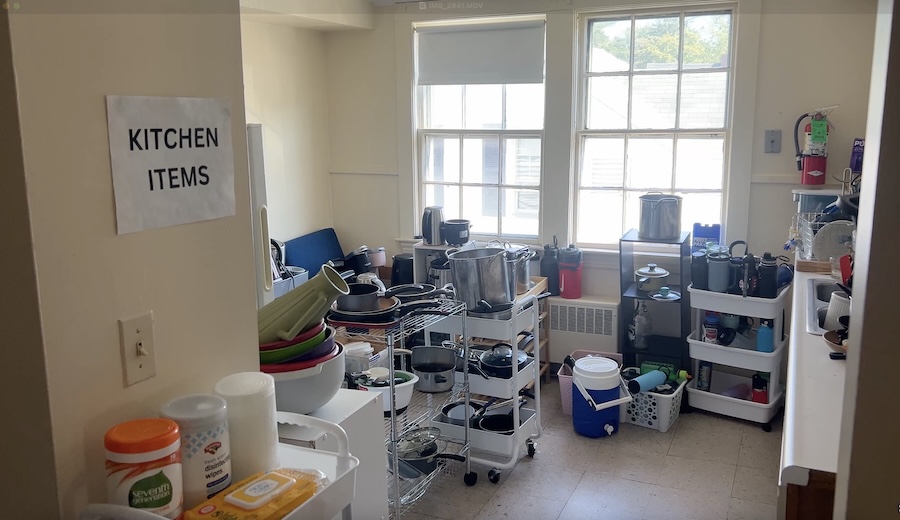How Bowdoin Buys Environmental Technology—And How You Can, Too
By Rebecca Goldfine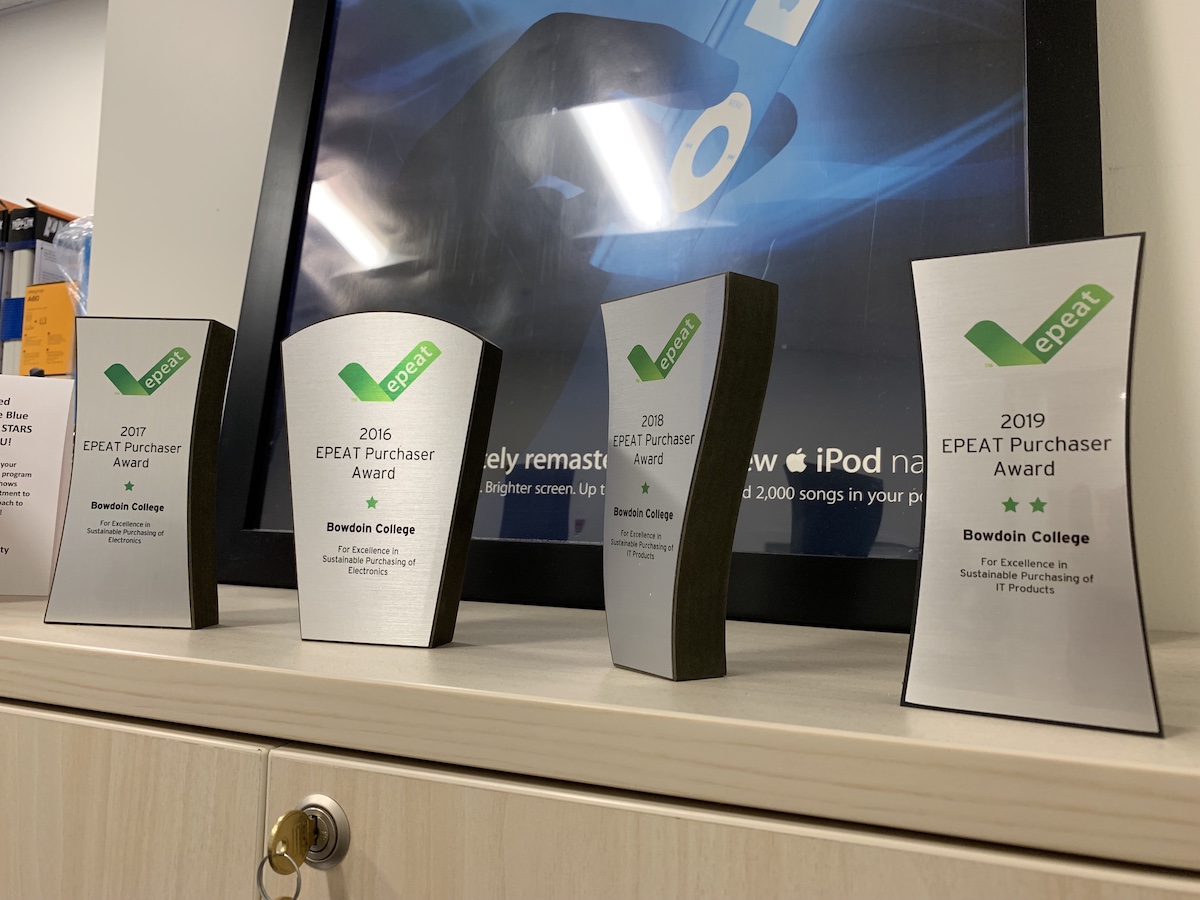
This year, the Green Environmental Council gave Bowdoin two stars out of four in its annual "EPEAT Purchaser" competition in recognition of the College's record of sustainable purchasing of IT products. This was a slight step up from past years. (Still, every year since 2016 when Bowdoin began entering the competition, it has won an award.)
"My goal was to bump it up this year," Morgan said. And she's certain the College can get an even higher rating once she begins to include printers in her tally. "Not that I'm obsessed with it. But I'm obsessed with it!"
Morgan only buys gold-rated products for staff and faculty—that is, the goods that meet all of the council's required criteria and at least seventy-five percent of optional criteria. This means every office at Bowdoin is outfitted with vetted gadgets (with the exception of one specialized monitor Morgan had to buy recently for a very specific function).
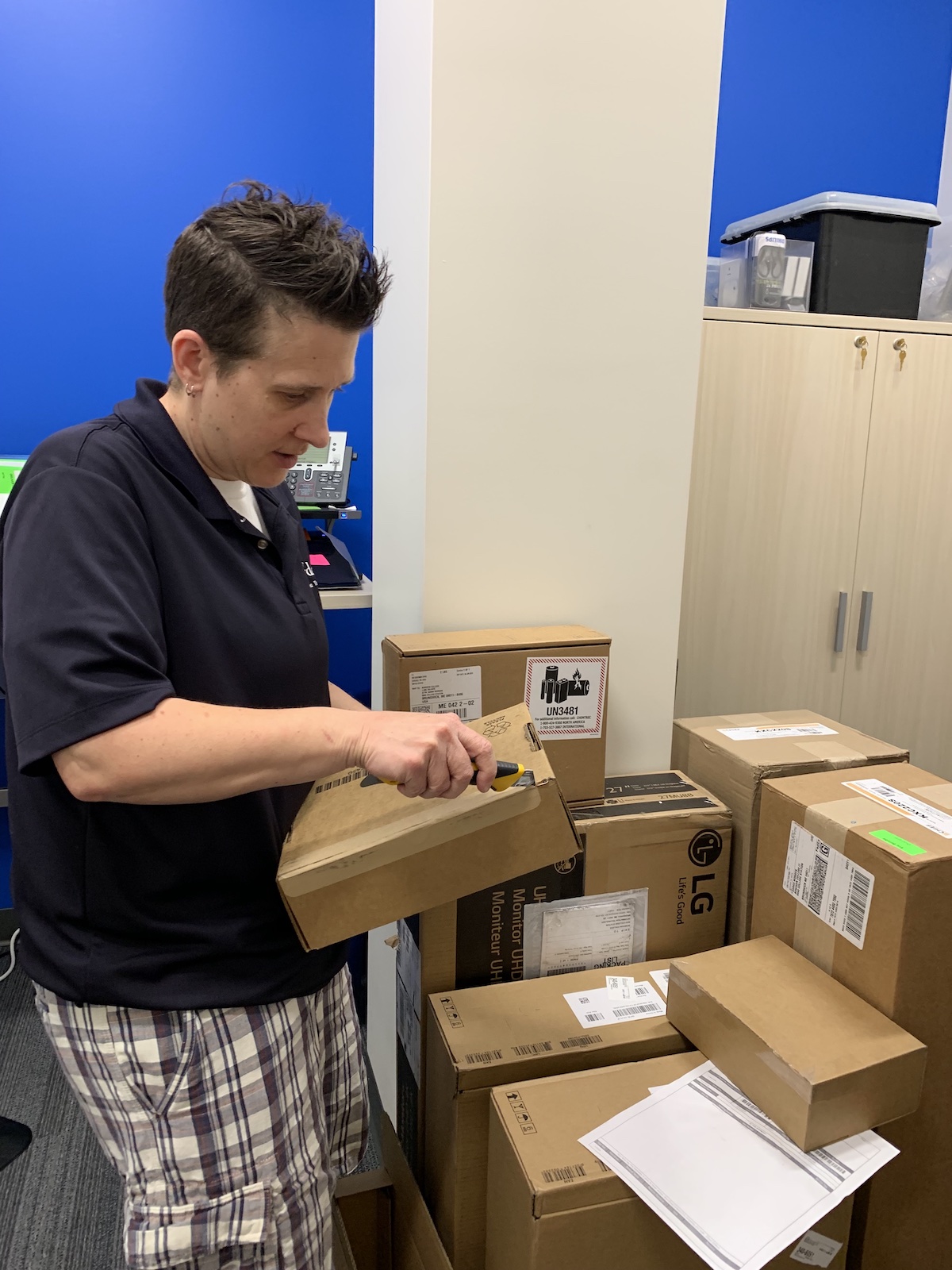
Morgan has made buying with the environment in mind an essential part of her job. "It's always been something that has been important to me, and if we have the option to make more responsible choices, why wouldn't we?" she said. "I've been lucky at Bowdoin to get buy-in on this. And it certainly helped that I could show it wouldn't cost any more to do it and would even save costs in the long run." The savings come from investing in electronics that are energy efficient.
The Green Environmental Council, a nonprofit that advocates for greener technology, rates computers, monitors, phones, servers, and TVs based on their overall sustainability: that is, how much energy they use, how much recycled content they contain, how much toxic material the manufacturers have avoided, etc.
While the Council focuses on working with bigger organizations with more purchasing clout—like universities and government agencies—its registry of independently verified products is available to anyone. Morgan encourages people to consult this list when they're shopping for a replacement machine—and also to think about how they will get rid of the technology they're discarding.
Stores like Best Buy and Staples often recycle older products, she said, and Goodwill also accepts used electronics.
One sustainable action, of course, is just to use things until they finally blink into permanent obsolescence. "I try to keep things running for as long as humanly possible—sometimes too long!" Morgan said. "But when it's finally gone, I make sure it doesn't just go into the trash. I make sure it gets properly recycled."
